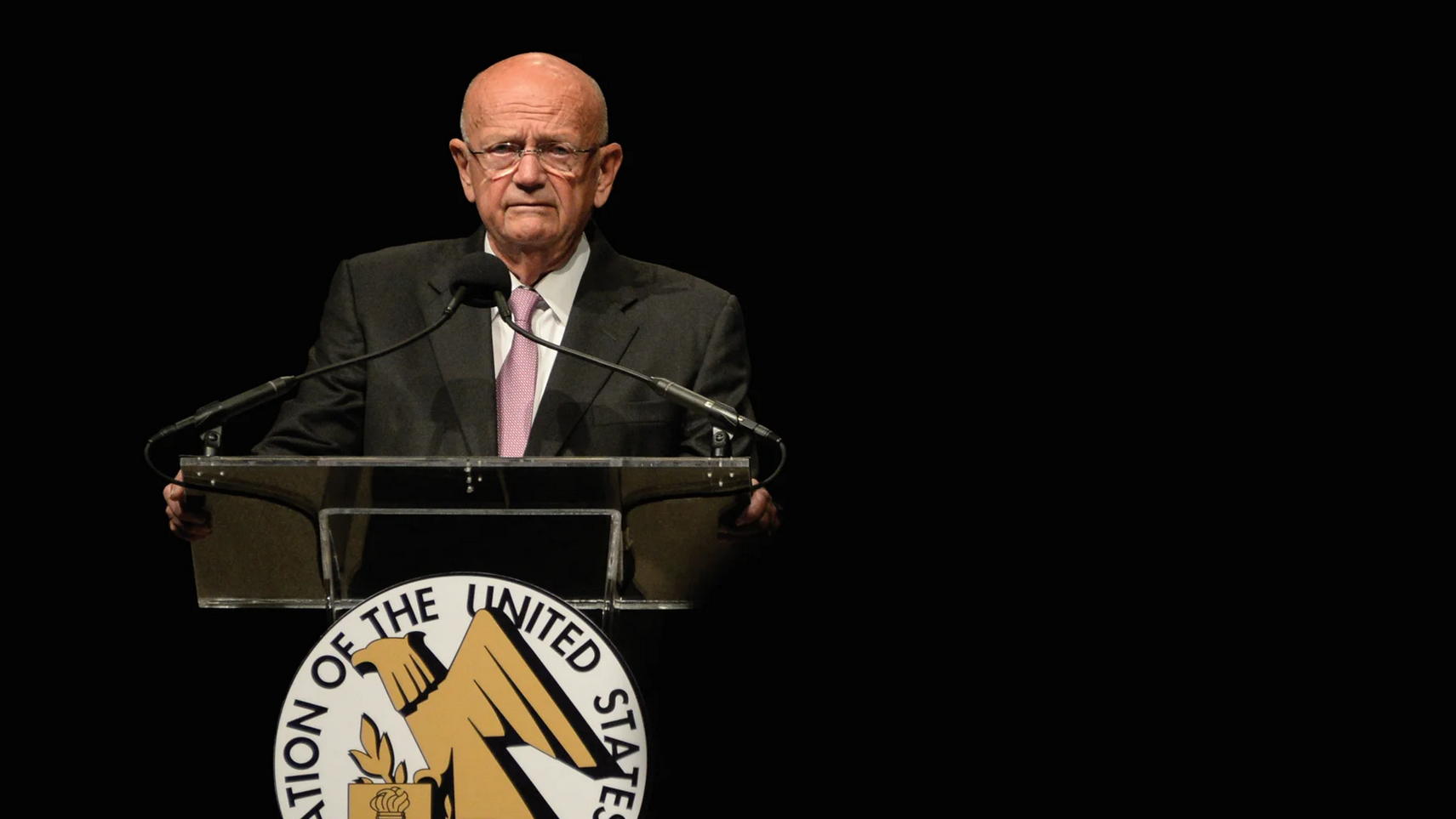Retired Gen. Gordon Sullivan Dies
Retired Gen. Gordon Sullivan Dies

Retired Gen. Gordon Sullivan, the 32nd Army chief of staff and former president and CEO of the Association of the U.S. Army, died Jan. 2. He was 86.
“Gen. Gordon Sullivan was a true American hero and an Army legend. He was an inspirational leader of integrity and compassion who served his beloved Army and country selflessly for decades,” said retired Gen. Bob Brown, AUSA president and CEO. “As the 32nd chief of staff of the Army, he led the service through critical times with strength and a clear vision, ensuring soldiers and their families had the best training and resources.”
But Sullivan didn’t stop serving after he retired from the Army. “After his uniformed service, Gen. Sullivan led AUSA for 18 years, where he continued to serve soldiers and America’s Army by advocating for them and supporting them,” Brown said. “So many of us are so incredibly proud to have served with him in the Army and at AUSA. He was an amazing person, and we will all deeply miss his wit, leadership and wisdom. Our thoughts and prayers are with his family during this difficult time.”
A native of Boston who grew up in nearby Quincy, Massachusetts, Sullivan graduated from Norwich University and was commissioned a second lieutenant of armor in 1959. During his Army career, Sullivan served two combat tours in Vietnam and in the United States, Korea and Germany. He commanded the Army’s 1st Infantry Division, was assistant commandant of the Armor School and deputy commandant of the Command and General Staff College. He later was deputy Army chief of staff for operations and plans, G-3, and Army vice chief of staff before becoming the Army chief of staff in 1991.
During his tenure as the Army’s top general, Sullivan oversaw the downsizing of the Army by 600,000 soldiers. He did it while attempting to maintain morale and a sense of purpose while also seeing the Army deploy on unexpected contingencies to Somalia, Rwanda, Haiti and the Balkans, and also in response to Hurricane Andrew, then the most destructive hurricane in U.S. history.
He is credited with keeping the Army trained and ready and opening the door to information-age technologies. He also always kept his focus on taking care of soldiers.
“I believe the essential nature of the Army has remained constant since the beginning,” Sullivan said in 2016. “It is the soldier. The soldier is the weapon. He or she is the answer. They are the ones who adapt on the battlefield. Ultimately, success will rest on the shoulders of the men and women who had the courage to serve. I believe that.”
In his book, Hope is Not a Method, which he co-authored with Michael Harper, Sullivan chronicles the enormous challenges he faced in transforming the post-Cold War Army.
Sullivan retired from the Army in July 1995 after more than 36 years of service.
In 1998, Sullivan joined AUSA as the association’s 18th president, overseeing the association’s transformation into a dynamic, member-based organization that represents soldiers and families and connects America’s Army with the nation it serves.
He would lead the educational nonprofit for 18 years, stepping down in 2016. Later that year, he received the Gen. George Catlett Marshall Medal, AUSA’s highest award, for his lifetime of selfless service to the Army and the nation.
“I’ve been proud for 18 ½ years to lead a professional organization dedicated to supporting the Army and all of its parts,” Sullivan said when he stepped down from leading AUSA. “We have an essential mission of the public voice for the Army, including its soldiers, veterans and retirees, their families, the Army’s civilian workforce and industry partners.”
His time at AUSA was an extension of his Army service, Sullivan said. “I saw my work here as a continuation of my 36 years in the Army, building leaders, supporting the troops, facing whatever challenges the world creates,” he said.
Sullivan continued to serve by leading the board of the Army Historical Foundation. During his time as chairman, he led the capital campaign to build the National Museum of the United States Army at Fort Belvoir, Virginia. The first and only museum to tell the complete history of the U.S. Army and its soldiers, the museum opened in November 2020.
In 2021, Sullivan and 17 other military leaders were honored by their shared hometown of Quincy. Already known as the “City of Presidents” for being the birthplace of John Adams and his son, John Quincy Adams, Quincy also has the distinction of being the hometown of several senior military leaders.
The new bridge and park, called Generals Bridge and Park, features three 7-foot bronze statues of Sullivan, former Army Chief of Staff Gen. James McConville and former Joint Chiefs Chairman Marine Gen. Joseph Dunford.
During the dedication ceremony, Sullivan said he is motivated by his steadfast dedication to service members.
“If you stick your hand up in the air at some recruiting station and say, ‘Send me, send me,’ you are my hero,” Sullivan said at the time. “There's nothing like being in a uniform and serving the United States of America. I have told many people, if I could do it again, I would. And I am not kidding.”

